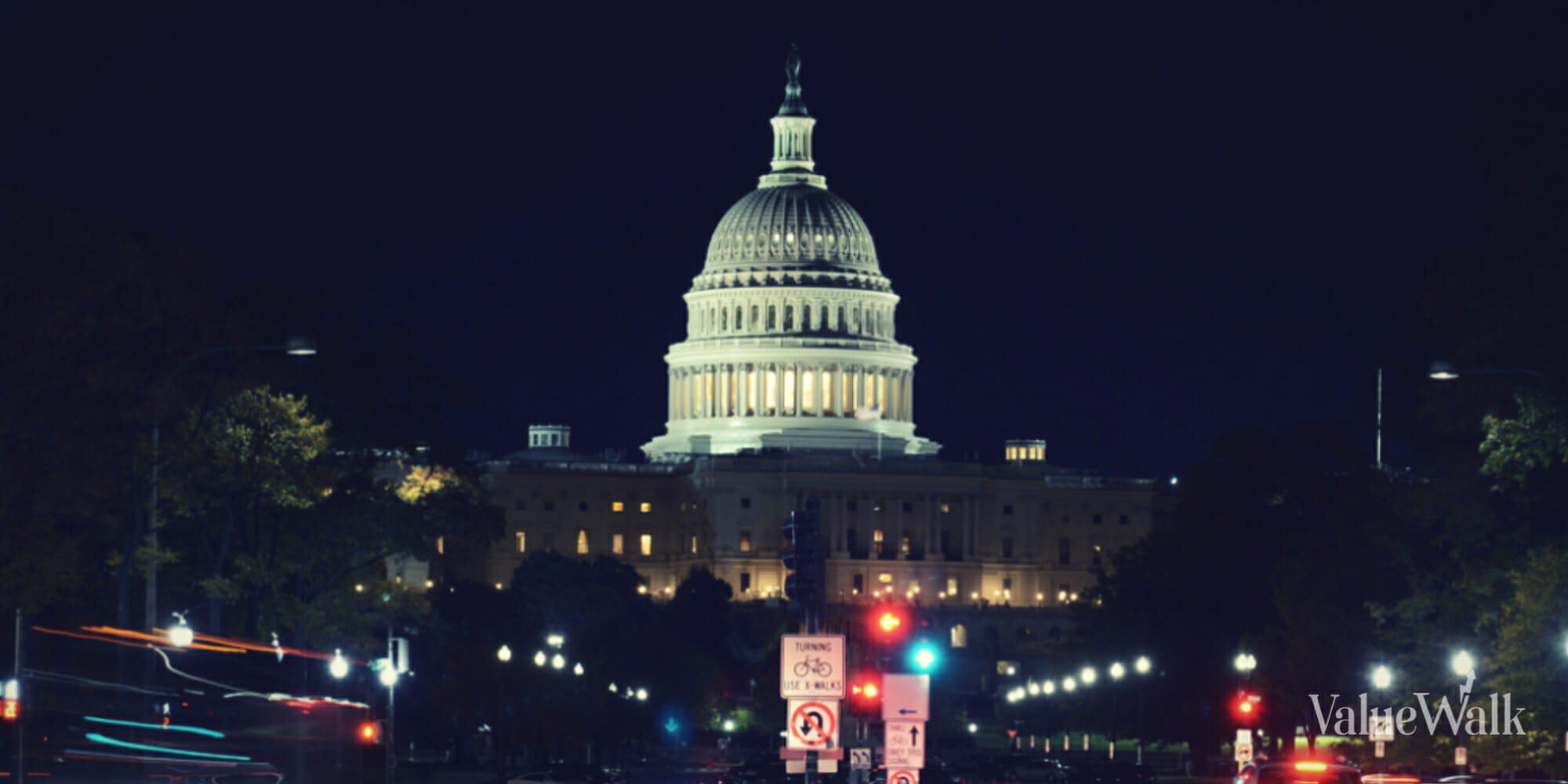Two Amicus Filings Oppose Hunter Biden Plea Deal; They Ask Judge to Reject It, Or At least Delay to Weigh Evidence
Opposition To Hunter Biden Plea Deal
WASHINGTON, D.C. (July 25, 2023) – The federal judge who on Wednesday will review the no-prison plea deal offered to Hunter Biden has received two different amicus arguments asking that she either reject what has been called a “sweetheart deal,” or at very least postpone a decision until the court can review newly found evidence of criminal wrongdoing by Hunter, and of improper if not illegal meddling with the investigation and the negotiated plea arrangement.
One submission, provided by public interest law professor John Banzhaf, includes official government documents of which the judge can take judicial notice.
In the past, Banzhaf provided information to federal judge John Sirica which had helped lead to the appointment of special prosecutors for then-president Richard Nixon. More recently, he provided information which triggered the current investigation in Georgia of former president Donald Trump.
The second is a brief amicus curiae reportedly filed by the Heritage Foundation.
Banzhaf, who had tried without success to get Republican members of Congress to file with the court the “ton” of information which they had uncovered, had also been in contact with the Heritage Foundation, and had asked it to file such a brief since the organization is involved in other litigation regarding how Hunter Biden’s plea deal was reached.
One purpose of the Foundation’s brief is to get on the record various questions about whether the investigation of Hunter Biden was “truly independent” from improper political pressure from the Department of Justice.
It provides evidence suggesting that U.S. Attorney David Weiss may have been blocked from seeking to bring felony charges. For example it claims that both Weiss and Attorney General Merrick Garland contradicted themselves.
The attorney who filed the Foundation’s brief said that the two IRS whistleblowers “have blown the lid off of all of it, and that has happened in the last month.”
Banzhaf’s submission to Judge Maryellen Noreika includes the testimony, under oath and subject to the penalties of perjury, of the two IRS whistleblowers.
He argues that she can and should take judicial notice of it; not to conclude as a matter of fact that all of their claims are true, but rather that sworn testimony before a congressional committee by two different responsible witnesses creates a prima facie case of wrongdoing which requires at least a delay and further investigation by the court. As he put it in his submission:
“I think the court can and should take judicial notice that many very serious accusations have been made under oath, as well as in various official records and other documents; and that, if found to be true, the accusations would argue most strongly that the plea is not in the public interest because it was the result of improper political pressure, and because Hunter Biden has committed serious crimes which would ordinarily require a substantial prison sentence.”
Banzhaf also provided her with an authenticated but previously secret FBI FD-1023 form about Hunter and various business dealings, an Email From Robert Biden To Devon Archer, and numerous other incriminating documents.
No Compelling Reason To Reach A Plea Deal
The law professor also reminded the judge that the Heritage Foundation is in court and apparently may soon obtain under FOIA an estimated 2500 pages of communications from Weiss related to this matter, and Devon Archer, Hunter’s longtime close friend and business partner, is due to testify under oath about these matters this very week.
Since there appears to be no compelling reason why a decision regarding the plea deal must be reached immediately, and evidence which is clearly both important and relevant – testimony under oath from Hunter’s business partner, and communications from Weiss about the investigations – should be available shortly, it would be imprudent, and possibly reversible error, not to wait a reasonable time for it to be available for the court’s review.
Based upon the evidence Banzhaf has provided to the court, he says: “Based upon the information referenced below, I most respectfully suggest and request that you not approve the plea agreement at this time and in the face of all of this powerful evidence. Instead, it would seem appropriate for the Court to take whatever steps are necessary and appropriate to determine the extent to which these many very serious accusations are true and therefore must be considered. These steps might include requesting responses from the parties, appointing a special master to conduct fact finding, holding one or more evidentiary hearings, etc.”
The law professor notes that there are many situations where judges have refused to accept a negotiated plea agreement: e.g., “if judges believe the agreements do not adequately address the nature of the crimes, the rights of victims, or the interests of the public'” the plea agreement “falls short given the backdrop of the parties’ motivation, [the defendant’s] trusted employment position, and the threats to national and global security . . . tat [the parties’] actions caused;” because the judge was inclined to give the defendant a longer sentence; “[i]t was not in the best interest of the community, or the country, to accept the[] plea agreements;” etc.
Perhaps most tellingly, a judge once rejected a negotiated plea deal simply because “[i]t is contrary to justice. Justice in this society cannot be seen as being able to buy oneself out of a felony conviction.”




